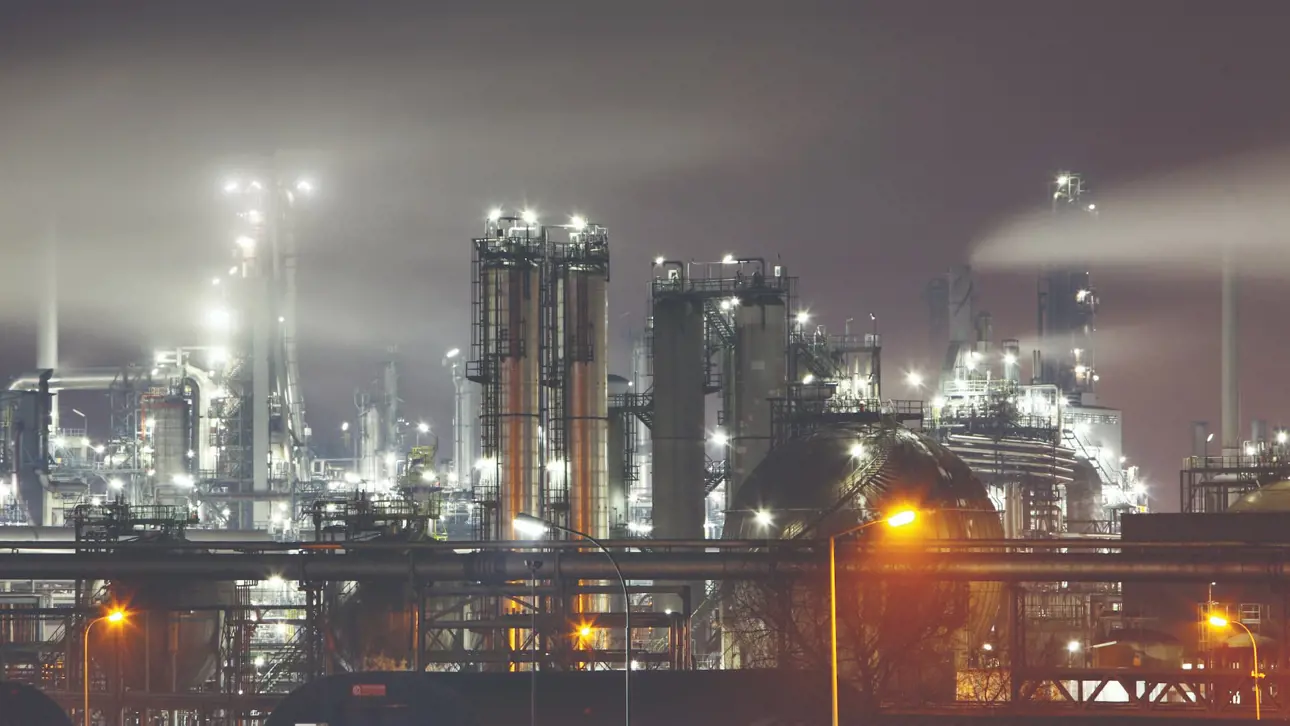Nov 3, 2023
The pace of change is picking up in the once-conservative hydrocarbon industries. Many interesting initiatives are underway as these sectors look to play their part in both energy security and environmental sustainability, says Mr Lindsay Coutinho.
Climate change is a global concern, but it is regulations taken at the national and/or corporate level that are predominantly driving the refining and petrochemicals industries. Take the French government’s anti-waste law 2020 which aims to recycle 100% of plastics by 2025. Initiatives such as this are encouraging non-traditional players to enter the market, creating new business opportunities,” states Mr Coutinho.
Look beyond the valve
When valves fail, it is vital for suppliers to act promptly, acknowledging, identifying and rectifying the problem. However, Mr Coutinho notes the importance of looking at the complete process. “Due diligence is key as problems such as corrosion or wear in a valve may be caused by issues elsewhere in the process. Such issues must be openly
and honestly discussed with the customer. Based on twenty-five years of experience I can honestly say that a valve which has been properly selected using all the available data will not cause any unforeseen problems."
Elsewhere, such as in the US, Europe and the Far East, plans are underway whereby modified refineries can convert crude oil not into petrol, but directly into plastics. Mr Coutinho: “The government in India has also called for integration of refining and petrochemical facilities, whilst global oil and gas companies are collaborating with innovative start-ups to set-up or reconfigure existing refineries which run on alternative feedstock such as waste cooking oil. Over in the US, biorefineries are also emerging which use bamboo or wheat husks as a raw material. More extensive recycling and the use of electricity or hydrogen as energy sources for transportation are also factors which, I am convinced, will change the face of the refining and petrochemicals sectors.” Mr Coutinho notes that the pace of change is unlikely to be rapid. “Whilst keen to addrsses climate change, governments have to bear in mind the energy challenges of ever-growing populations and to avoid energy poverty. Putting this into perspective, the traditional refining and petrochemicals industries will certainly be around in the medium term.”
Nevertheless, these sectors are responding to demands to become more climate friendly. “The CEOs I follow are totally committed to leaving behind a planet that will sustain future generations. They focus on driving climate friendly initiatives, such as carbon capture, utilisation and storage (CCUS); energy efficiency and emission mitigation. Waste to Energy and regeneration of plastics, entails converting refining and petrochemicals production from a linear to a circular process. These initiatives will increase the need for superior process & flow control products as well as digitalization.
Asked how OEMs could tap into emerging business opportunities, Mr Coutinho notes the importance of being both curious and honest. “I started my career in direct sales so know at first hand the benefit of asking questions. The more we ask the better informed we are, hence we can identify and propose the optimum solution for the customer, balancing price and performance. In sales, the objective is not so much to try and sell the client a product, but rather to help him to purchase a long-lasting solution.”
In short, the energy transition will bring opportunities, not threats, for positively-minded suppliers, believes Mr Coutinho. “I certainly perceive interesting opportunities for high-tech companies such as Valmet, thanks to our track record of providing total systems in applications such as pulp and paper as well as power generation.”
Text by David Sear
This article was originally published in Valv World India & Middle East Journal, July 2023 and Valve World magazine November 2023.






